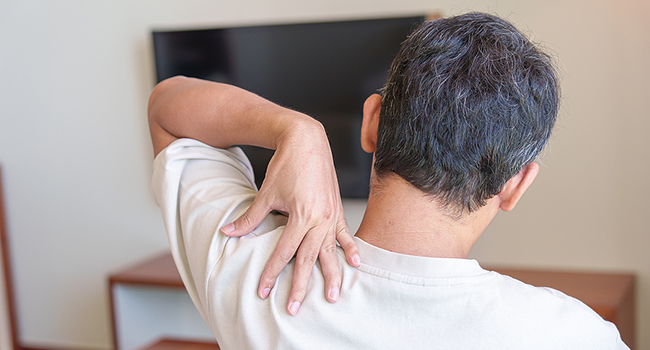
Fibromyalgia (FM) is a chronic musculoskeletal pain condition that affects millions of people worldwide. Characterized by sensory hypersensitivity, it often results in reduced quality of life, limited physical activity, and psychological symptoms. Photobiomodulation (PBM) is a therapeutic intervention that uses light to stimulate the body's natural healing processes and has shown positive effects in relieving pain. However, there have been no studies on whole-body PBM intervention in subjects with FM.
Photobiomodulation works by using light energy to stimulate cellular function, resulting in the release of endorphins and other pain-relieving molecules. The treatment is non-invasive and can be administered in a doctor's office or at home using a device. The light energy is delivered via a device that emits specific wavelengths of light, which penetrate the skin and interact with cells in the body. The treatment is painless and has no known side effects, making it a safe alternative to traditional pain management methods.
Clinical Trial
A clinical trial aimed to compare the effects of whole-body PBM with placebo PBM on pain, functionality, and psychological symptoms in patients suffering from FM. The study recruited 42 subjects from a private care practice, and the design was a randomized, triple-blinded, placebo-controlled clinical trial. Participants received 12 treatment sessions, and pain, quality of life, level of physical activity, and psychological factors were assessed at baseline, after session 6, after treatment, and at 2-week follow-up.
Results
The trial found that there were significant improvements in pain reduction after 4 weeks and 2 weeks after the treatment compared to before the treatment. Also, the participants reported that their quality of life improved significantly after the sixth session of treatment, immediately after the treatment, and at the 2-week follow-up.
